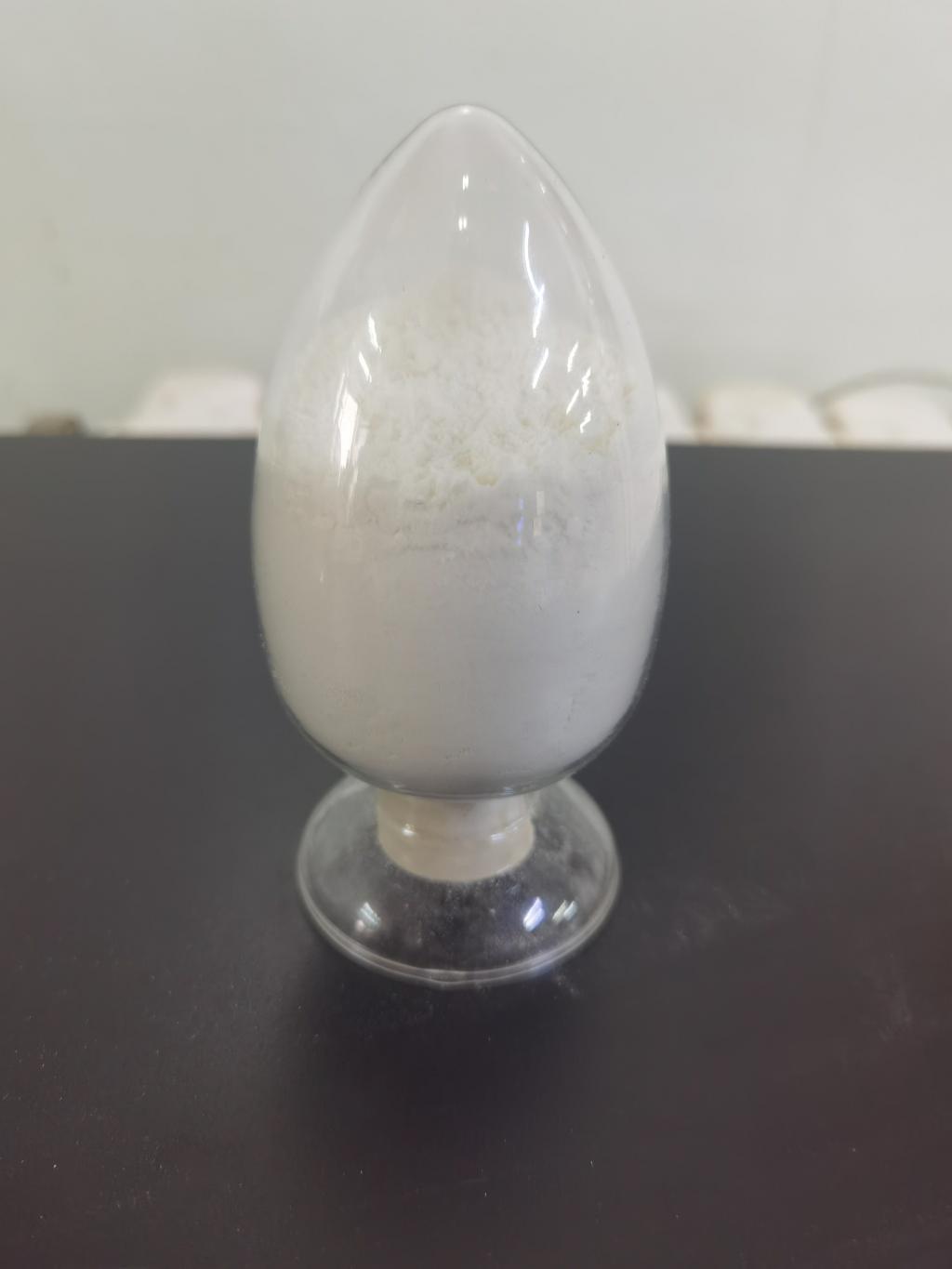Tel:+8618231198596

News
 CONTACT
CONTACT
 CONTACT
CONTACT
- Linkman:Linda Yao
- Tel: +8618231198596
- Email:linda.yao@dcpharma.cn
- Linkman:CHARLES.WANG
- Department:Overseas
- Tel: 0086 0311-85537378 0086 0311-85539701
News
ε-Polylysine Hydrochloride's Collaborations in Promoting Food Equity and Accessibility.
TIME:2023-10-07
Understanding ε-Polylysine Hydrochloride
ε-Polylysine hydrochloride is a biopolymer composed of a series of lysine amino acids linked together. It is produced through the fermentation of specific microorganisms, such as Streptomyces albulus, and has been approved for use as a food preservative in many countries, including the United States and Japan. ε-Polylysine hydrochloride is valued for its unique properties:
Natural Origin: It is derived from microbial fermentation, aligning with consumer preferences for natural and minimally processed food additives.
Antimicrobial Properties: ε-Polylysine hydrochloride exhibits antimicrobial activity against a broad spectrum of bacteria and molds, making it effective in preserving food products and extending their shelf life.
Safety: Extensive research and regulatory approval have confirmed the safety of ε-polylysine hydrochloride for human consumption when used within specified limits.
Minimal Impact on Sensory Characteristics: When used appropriately, ε-polylysine hydrochloride has a minimal impact on the taste, texture, and overall quality of food products.
Promoting Food Equity and Accessibility
Food equity and accessibility are global imperatives, encompassing the availability, affordability, and quality of food for all individuals, regardless of their socioeconomic status or geographical location. Collaborations involving ε-polylysine hydrochloride are contributing to these goals in several significant ways:
Food Preservation and Reduction of Food Waste
Food waste is a global issue that not only exacerbates food insecurity but also contributes to environmental degradation. ε-Polylysine hydrochloride plays a crucial role in preserving perishable foods, reducing spoilage, and extending their shelf life. By reducing food waste, this natural preservative helps ensure that more food reaches those in need, promoting food equity.
Safe Transportation and Storage of Food
Effective preservation methods are essential during the transportation and storage of food products, especially in regions with inadequate infrastructure. Collaborations involving ε-polylysine hydrochloride enable food to remain safe and nutritious during transit, contributing to equitable access to safe food, even in remote areas.
Affordable and Nutritious Preservation
In many communities, access to affordable and nutritious food is a challenge. ε-Polylysine hydrochloride offers an affordable means of preserving a wide range of food products, from grains and cereals to fruits and vegetables. By maintaining the nutritional value of preserved foods, this collaboration promotes access to healthy options for vulnerable populations.
Supporting Local Agriculture
Collaborations with local farmers and food producers involve the use of ε-polylysine hydrochloride to extend the shelf life of fresh, locally sourced produce. This support helps small-scale farmers and encourages the growth of local food systems, ultimately enhancing food equity by connecting communities with nearby sources of fresh and nutritious food.
Enhancing Food Safety
Foodborne illnesses disproportionately affect marginalized populations. Collaborations involving ε-polylysine hydrochloride focus on improving food safety, reducing the risk of contamination and foodborne illnesses. This ensures that the food available to all individuals, regardless of their circumstances, is safe for consumption.
Case Studies: ε-Polylysine Hydrochloride in Action
Several case studies illustrate how ε-polylysine hydrochloride collaborations are making a difference in promoting food equity and accessibility:
Grain Preservation in Developing Countries: In regions with high post-harvest losses due to inadequate storage facilities, ε-polylysine hydrochloride is used to protect grains and cereals from spoilage, ensuring a more stable food supply for local communities.
Affordable Fruit Preservation: Small-scale fruit growers in rural areas collaborate with food processors to use ε-polylysine hydrochloride for preserving surplus fruit, allowing them to sell their produce year-round and access new markets.
Fresh Produce Distribution: Collaborative efforts between food banks and ε-polylysine hydrochloride producers result in the preservation of fresh produce donations, enabling food banks to distribute nutritious food to underserved populations.
School Meal Programs: School meal programs in urban areas collaborate with suppliers to extend the shelf life of meal components using ε-polylysine hydrochloride, ensuring that children have access to safe and nutritious food at school.
Challenges and Considerations
While the potential of ε-polylysine hydrochloride in promoting food equity and accessibility is promising, there are challenges and considerations:
Regulatory Compliance: Collaborators must ensure that the use of ε-polylysine hydrochloride complies with food safety regulations and recommended usage levels established by regulatory agencies.
Consumer Acceptance: Educating consumers about the use of ε-polylysine hydrochloride in food preservation is essential, as some individuals may have concerns or misconceptions about food additives.
Cost Considerations: The cost of ε-polylysine hydrochloride may be a factor for small-scale producers and marginalized communities. Finding ways to make it economically accessible is crucial.
Sustainable Sourcing: Ensuring the sustainability of ε-polylysine hydrochloride production, including responsible sourcing of raw materials, is vital to its long-term viability.
Conclusion
ε-Polylysine hydrochloride, a natural food preservative with antimicrobial properties, is finding innovative collaborations to promote food equity and accessibility. By reducing food waste, extending the shelf life of products, and enhancing food safety, ε-polylysine hydrochloride contributes to the global effort to ensure that safe, nutritious, and affordable food is accessible to all individuals, regardless of their circumstances. With ongoing research, responsible utilization, and collaborative efforts, ε-polylysine hydrochloride is poised to play a significant role in advancing food equity and supporting a more sustainable and equitable food system for future generations.
- Tel:+8618231198596
- Whatsapp:18231198596
- Chat With Skype







